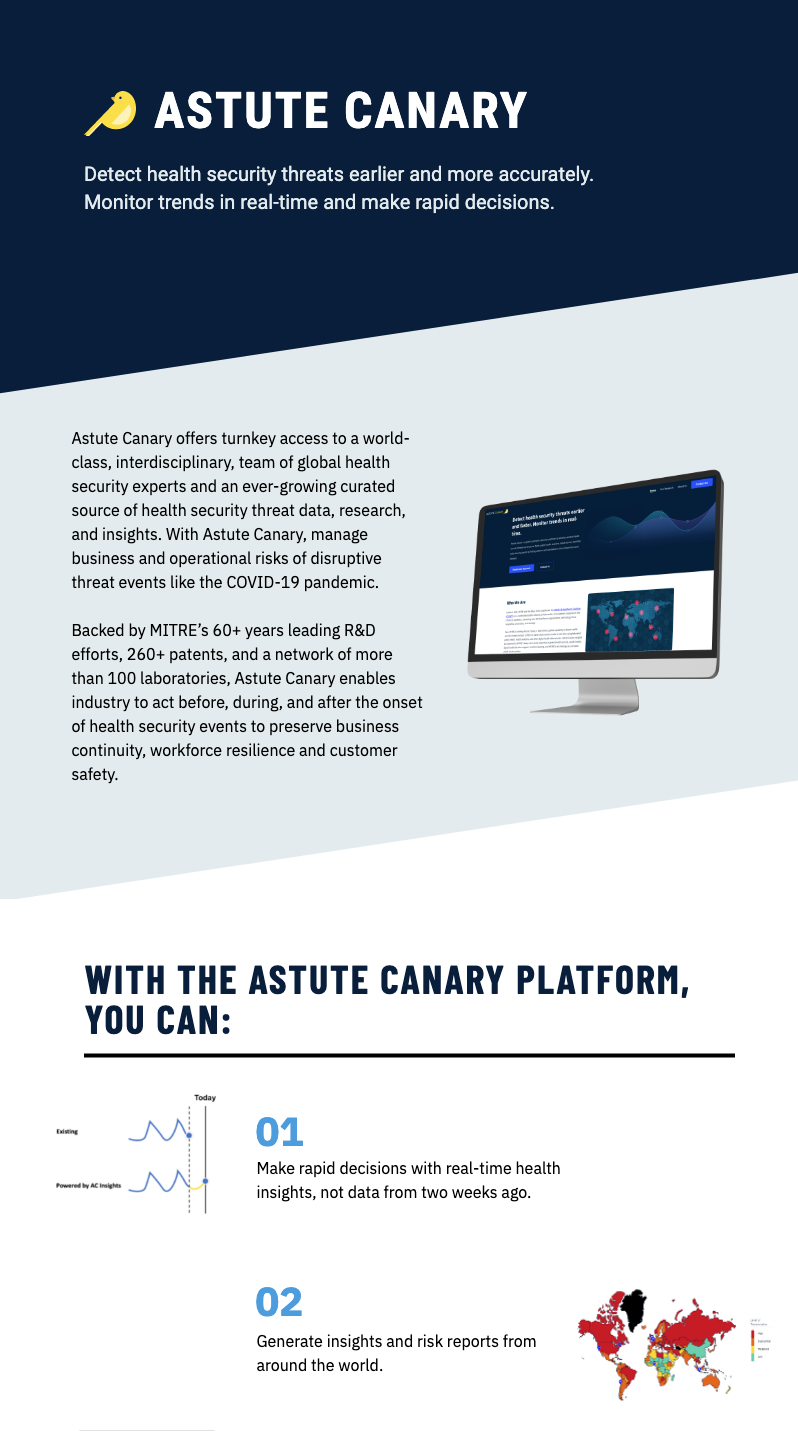Astute Canary
Astute Canary aimed to offer turnkey access to a world-class, interdisciplinary, team of global health security experts and an ever-growing curated source of health security threat data, research, and insights. I helped work with these health experts to create a risk dashboard, branding materials, and an open-source syndromic community tracker.
- Role: UX Designer, Developer, Branding Design
- Domain: Healthcare
- Duration: Summer 2021 - 2023
Introduction
The pandemic of 2020 showed a gap in the market for early warning systems at an organizational level. Astute Canary aimed to close that gap. The design and development team worked together to quickly pull together a proof-of-concept risk assessment dashboard and an open-source syndromic community tracker.
I also worked with the outreach team to create infographs, pitchdecks, and other branding elements, such as the logo.
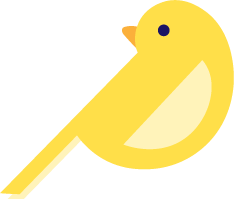
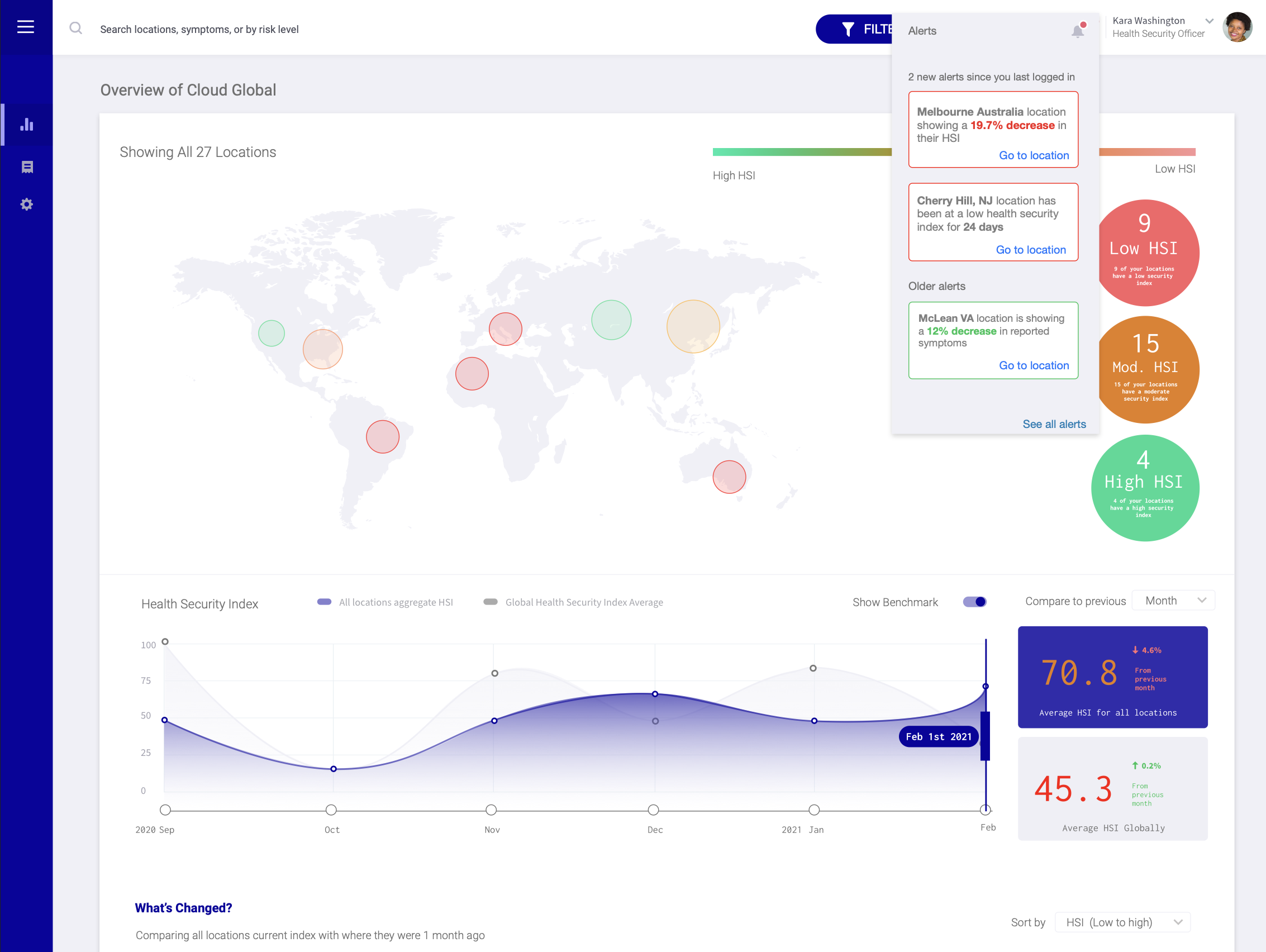
Challenges
Attempting to address the need of this time between panic and "return to normal" made identifying the target customer shifting needs challenging.
- Tight timeline - relevancy of the company could get quickly eclipsed as we distanced from 2020
- Several focuses simultaneously - dashboard, symptom tracker, data collection, etc. (start up reminiscent)
- Data quality and consistency proved to be challenging
Approach
Engaging early and often with target users was key to approaching our competing and shifting targets. When the design process started, there was a clear focus on syndromic tracking. However after talking to users, we were able to prioritize the risk assessment dashboard.
- Personas
- Vignettes and storyboarding
- User and stakeholder interviews throughout
- Agile design and development
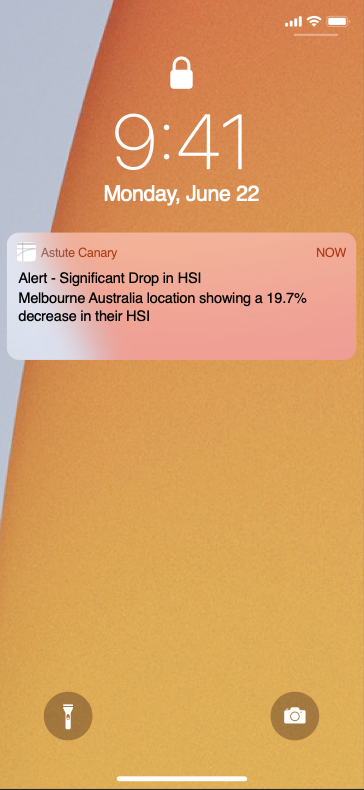
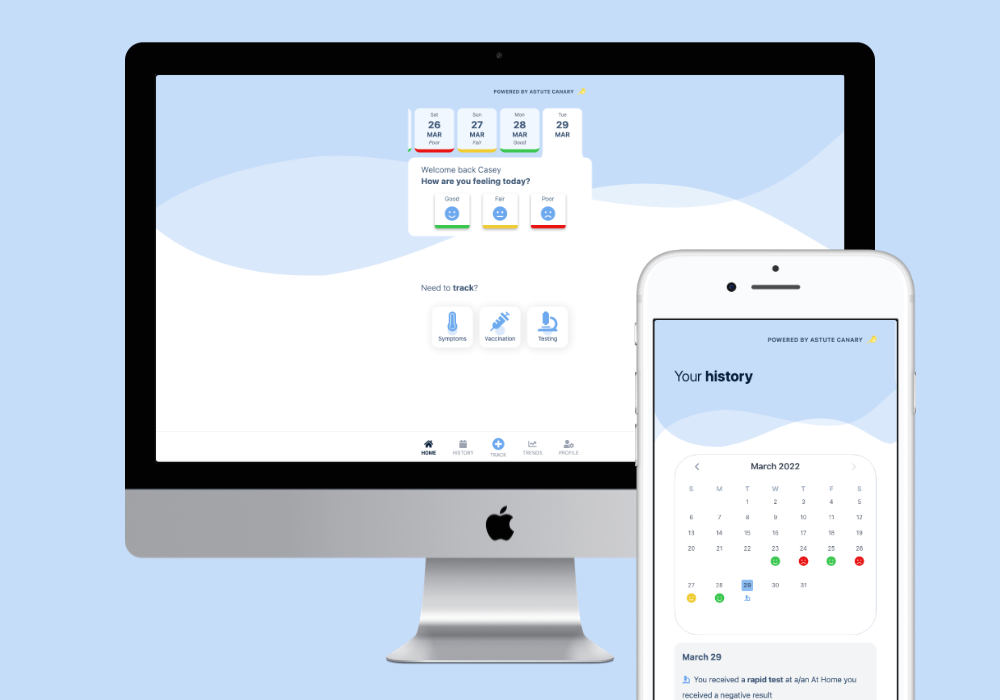
Outcome
The team shifted with the needs of the users in the ever-changing landscape of global health. Initially focusing on the syndromic-community-tracker, engagement with users enabled the focus to pivot to the higher-impact risk dashboard prototype. We engaged with Fortune 500 companies such as International SOS to develop the proof-of-concepts and open-sourced the syndromic-community-tracker.
What I Learned
This project reinforced the importance of adaptability in a rapidly evolving landscape. By engaging with users early and often, I saw firsthand how initial assumptions about needs can shift dramatically. While syndromic tracking seemed like the obvious focus, user feedback helped us prioritize a higher-impact solution—the risk assessment dashboard.
I also learned the value of balancing multiple priorities within a startup-like environment. Working on design, outreach, and product development simultaneously required strong collaboration and flexibility. Additionally, navigating challenges around data quality and consistency highlighted the importance of reliable data sources when building decision-making tools.
Overall, this experience deepened my understanding of user-centered design, agile development, and the necessity of staying responsive to market needs in high-stakes situations.
